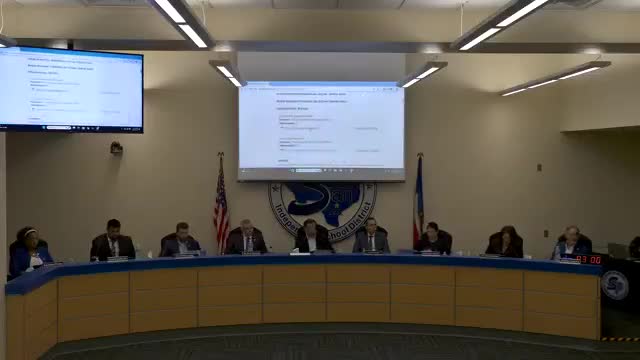Article not found
This article is no longer available. But don't worry—we've gathered other articles that discuss the same topic.
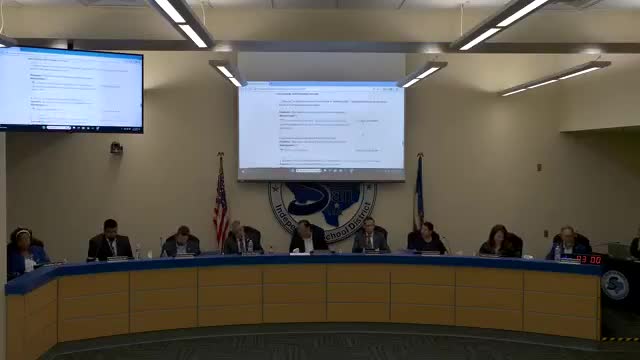
Votes at a glance — South San Antonio ISD board meeting, July 21, 2025
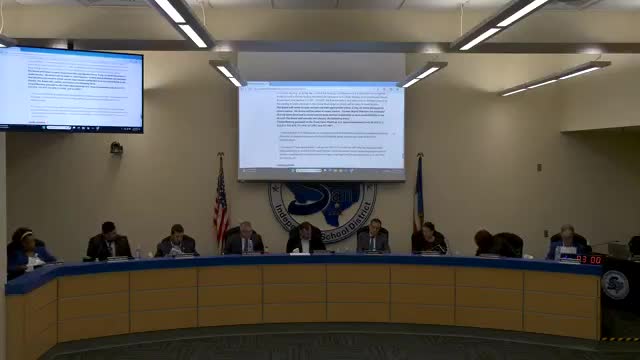
Board approves contingency‑fee legal agreement to pursue litigation against social‑media companies
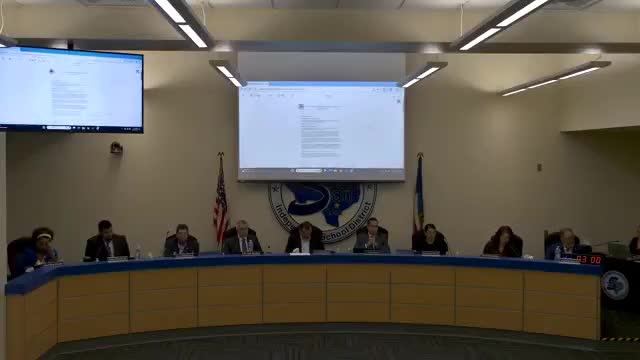
Board approves security upgrades using Safe Schools grant funding, including camera, network and visitor‑management purchases
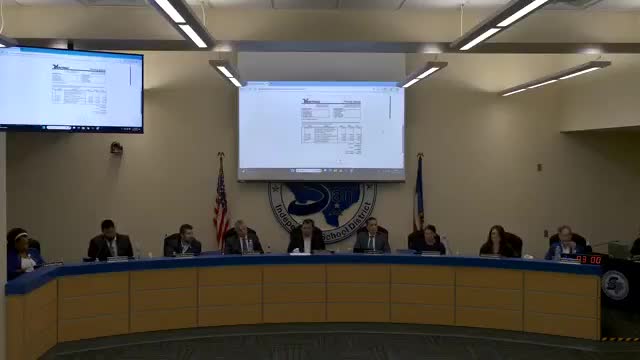
Board approves purchase of Ventrac tractor and attachments for athletic fields
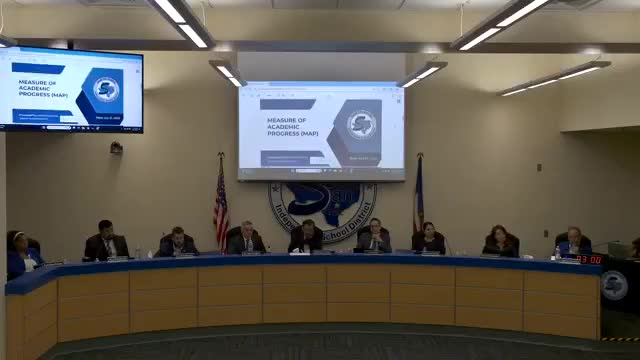
Board approves purchase of NWEA MAP assessment suite for growth measures and teacher evaluations
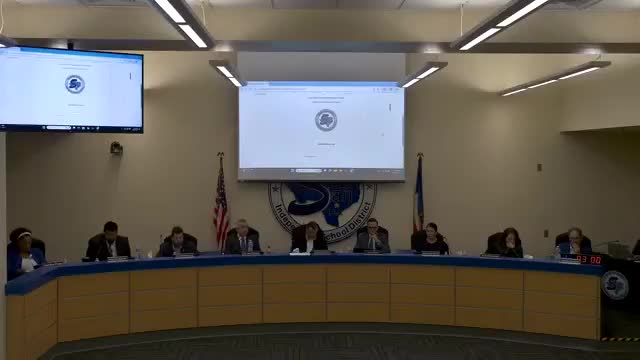
Board approves optional flexible school day program for South San Antonio High School
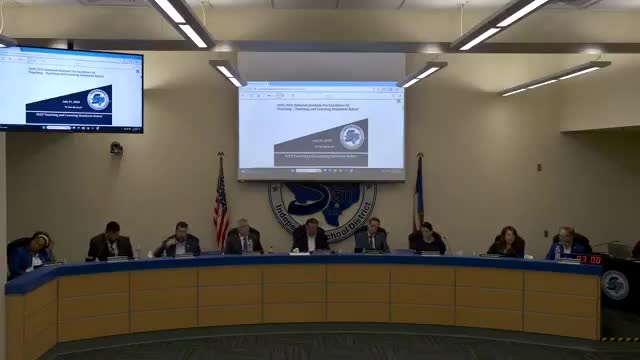
Board adopts NIET teacher‑evaluation rubric and amends district policy to match
